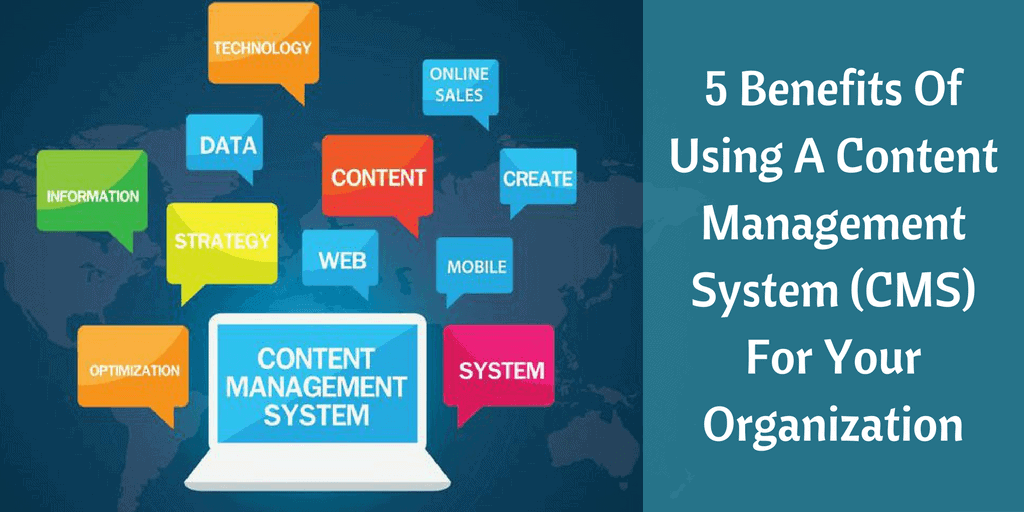In today’s digital landscape, managing and updating website content efficiently is more critical than ever. A Content Management System (CMS) offers an invaluable solution for website owners, providing a user-friendly platform to handle various aspects of content management with ease. From personal blogs to complex corporate sites, a CMS can simplify content creation, enhance functionality, and offer significant cost savings. In this blog post, we will delve into the key benefits of using a CMS and how it can elevate your website’s performance.
What is a Content Management System (CMS)?
A Content Management System (CMS) is software designed to help users create, edit, manage, and publish digital content with minimal technical expertise. It provides a user-friendly interface that abstracts the complexities of coding and allows for straightforward website management. Popular CMS platforms include WordPress, Joomla, and Drupal, each offering unique features tailored to different needs.
Key Benefits of Using a CMS

1. Ease of Use
One of the standout benefits of a CMS is its ease of use. Most CMS platforms are built with non-technical users in mind, featuring intuitive interfaces that simplify content management tasks. With drag-and-drop editors and visual content management tools, users can effortlessly create and update website content without needing to understand programming languages. This accessibility empowers individuals and businesses to manage their websites effectively.
2. Cost-Effectiveness
Using a CMS can be a cost-effective solution for website management. Many CMS platforms are open-source and available at no cost, significantly lowering initial setup expenses. Furthermore, the ease of content management reduces the need for ongoing technical support and maintenance, leading to long-term savings. Additionally, CMS platforms often offer a range of affordable plugins and themes, enabling users to enhance their website’s functionality and design without substantial investment.
3. Flexibility and Customization
A CMS provides remarkable flexibility and customization options, allowing users to tailor their websites to meet specific needs. With a wide selection of themes, templates, and plugins, users can easily modify their site’s appearance and functionality. Whether you’re running an e-commerce store, a personal blog, or a corporate site, a CMS can be customized to support a variety of purposes and preferences, ensuring your website stands out.
4. Scalability
As your website grows, a CMS can scale to accommodate increased content and traffic. Most CMS platforms are designed to handle large volumes of data and high levels of traffic, making it easy to expand your website as needed. Adding new pages, posts, and features is seamless, allowing your site to grow in line with your needs without compromising performance or functionality.
5. Enhanced Security
CMS platforms often come with built-in security features and regular updates to protect against vulnerabilities. Popular CMS platforms typically have dedicated security teams that monitor and address potential threats, providing users with robust protection. Additionally, users can further enhance security through plugins and best practices, such as regular backups and strong password policies, ensuring their website remains secure.
6. Improved Collaboration
A CMS facilitates effective collaboration among multiple users by allowing them to work on content simultaneously. With features like user roles and permissions, you can assign specific tasks and access levels to different team members, streamlining the content creation and management process. This collaborative capability ensures that teams can work together efficiently, contributing to a more dynamic and responsive website.
7. SEO-Friendly Features
Many CMS platforms come with built-in SEO tools and plugins that help improve your website’s search engine ranking. These features allow users to optimize content with keywords, meta tags, and sitemaps, enhancing visibility and driving more traffic to their site. By leveraging these SEO capabilities, users can improve their site’s search engine performance and attract a larger audience.
Conclusion
A Content Management System (CMS) offers a multitude of benefits for website management, from ease of use and cost-effectiveness to flexibility, scalability, and enhanced security. By choosing the right CMS for your needs, you can streamline content management, improve collaboration, and optimize your website’s performance. Whether you’re launching a new site or looking to upgrade an existing one, a CMS can provide the tools and capabilities needed to achieve your online goals efficiently.




